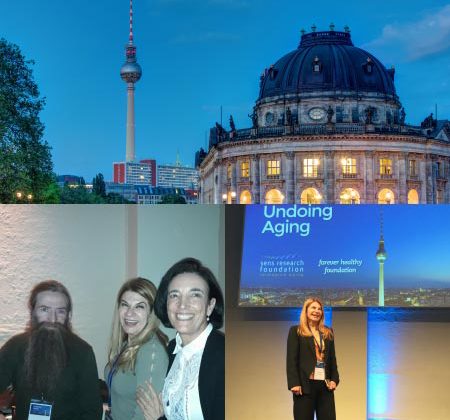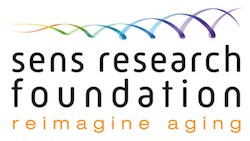

The 2018 Undoing Aging Conference
Medicine in the future
In a very successful conference co-organised by the SENS Research Foundation (http://www.sens.org) and Forever Healthy Foundation (https://forever-healthy.org/en), leading researchers of ageing, investors and other key members of the anti-ageing community that inform and mobilise large groups of the population in support of research on ageing, longevity and healthy rejuvenation, were gathered.
We were 340 participants from 36 countries.
During those three days I heard speeches from world-renowned scientists for the research and clinical progress, I met and talked with leading researchers of regenerative medicine. From the mid-20th century, the discovery of important drugs has changed the development of many diseases which are common in older age and thus increased the people’s life expectancy.
However, many of these drugs have side effects that can lead to life-threatening situations for the patients, or often deprive them of quality in their lives

I present to you today the first part of the three articles that I will publish for the conference
Part 1
So medicine today is struggling, making steps forward and then retrogressing, from heroism to tragedy.
As after all, our molecular and cellular functions, after a few decades of life, lead to the accumulation of “damage” which translates into illnesses and the impairment of our various functions, i.e. to ageing.
When we get to that point, medicine cannot prevent illness and often it does not provide effective treatment. It is limited to crisis management or micro-corrections of the patients’ quality of life.
What is tomorrow’s medicine?
It will repair the damages but will also interfere genetically, so that we don’t succumb to expected illnesses based on our genes.
The scientific discoveries of the last decades have led to the creation of rejuvenation biotechnologies, aimed at the discovery of treatments that repair what we know is causing the body’s ageing.
Meaning, they remove, repair whatever causes damages or replace the tissue or the organ that has been affected by it.
These treatments will not only improve a condition that has affected one of our organs, but will fully restore the organ’s function to its youthful state.
The scientific discoveries of the last decades have led to the creation of rejuvenation biotechnologies, aimed at the discovery of treatments that repair
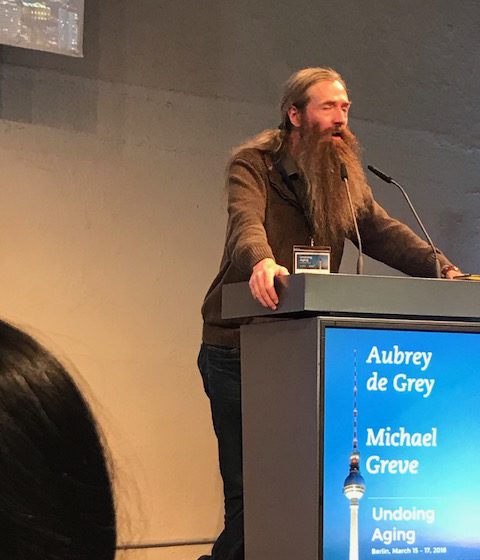
Dr. Aubrey de Grey
The renowned Dr. Aubrey de Gray was perhaps the first researcher and supporter of the “provocative” opinion of 15 years ago that it is a matter of time to control the ageing of humans and give them hundreds of years of life with health and youth.
Now of course these views are shared by all researchers of Regenerative Medicine.
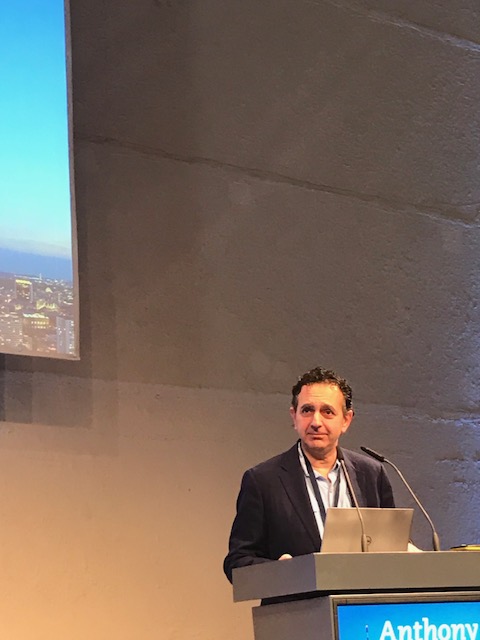
Dr. Anthony Atala
Dr. Anthony Atala is a surgeon and researcher of regenerative Medicine.
The aim of his work is the development of new human cells, tissues, organs, and as of recently, of solid organs too. More than 14 technological applications developed in his laboratory, have passed into clinical use.
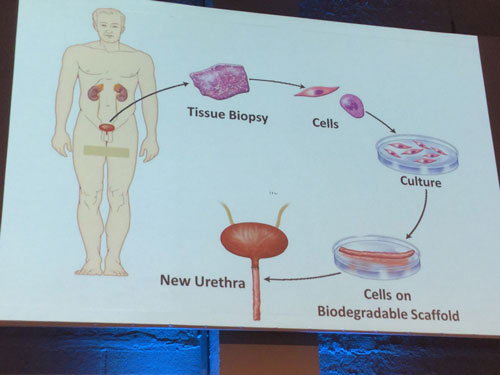
We talked about the use of 3D-bioprinting applications in Regenerative Medicine, as well as for the progress achieved in the creation of solid organs (e.g. liver).
Due to 3D-bioprinting’s accuracy, we have the opportunity to standardize the production of tissues and benefit more patients.
Also, regarding the progress achieved in the development of cellular therapies since we could often repair an organ instead of replacing it.
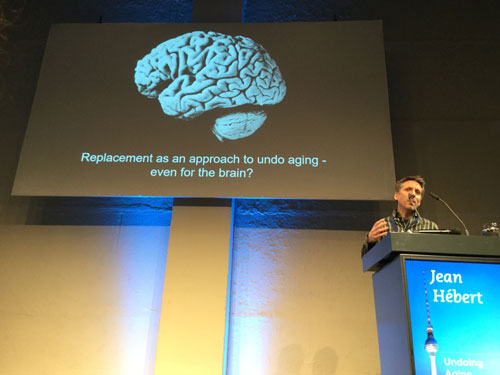
Professor Jean Hébert PhD
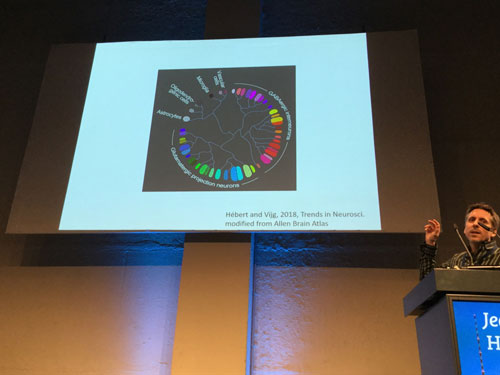
Jean Hébert PhD (http://www.einstein.yu.edu/faculty/9069/jean-hebert/) is a professor in the Albert Einstein School of Medicine in New York.
Hébert laboratory’s interest lies in the repair and rejuvenation of the brain’s neocortex, either due to damaged cells or parts after a stroke or an accident, or due to a widespread destruction caused by ageing.
It develops methods for the local or general replacement of initial neurons of the neocortex without significantly affecting the function of the existing neural circuits.
The replacement is made by transplanting in the neocortex, mixed populations of precursor cells, as well as programmed precursor cells, in order to populate again the existing neural circuits with new cells and enhance their function.
 English
English Ελληνικα
Ελληνικα

